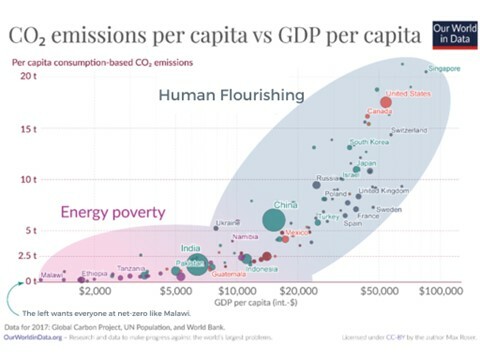Summer comes quickly in Texas, with the high approaching 100 degrees in Austin over the weekend. We walk outside, grab the mail, and walk inside to turn the thermostat down a little cooler to combat the warmth of Texas summer. We reach in the freezer for ice to fill our glasses and the refrigerator for cold, often filtered water. This convenience, that we often take for granted, requires a lot of power.
Most Americans and Western Europeans use lights, stoves, microwaves, washing machines, dryers, and AC, and refrigerators can run constantly despite all that activity. But at the same time, approximately 3.3 billion people worldwide have access to less electricity per capita than the electricity required to power the average Texan’s refrigerator.
Today, in the northern-most part of Sub-Saharan Africa, the average high temperature is at least 100 degrees. While we reach into a cold refrigerator in a temperature-controlled home, women and children walk miles to get to often contaminated water from waterholes and bring it back to boil it in a small hut, to make it somewhat potable, without the luxury of immediate refreshment from the heat.
And yet, climate change activists are trying to halt the very growth and progress that would give families access to more electricity to power their homes and improve their livelihoods. Uganda signed a deal for construction of an 895-mile-long pipeline from the Lake Alberta region to the seaport of Tanga that would generate approximately 10,000 jobs, during and after construction. Yet, a woman from StopEACOP (East African Crude Oil Pipeline project) has condemned the project in a New York Times opinion piece as a “bad deal” for the country and as “not an investment for the people” of Uganda.
But it is an investment for the people. There is a direct correlation between access to energy and GDP growth (see figure 1 below). There is also direct correlation to access to energy and access to education, especially for girls. People live longer and better lives with electricity. We cannot let climate colonialists rip the rug out from under these developing countries as they are growing and developing their energy industry.

For example, you could multiply Uganda’s current kWh per capita energy consumption (68 kWh per year) nine times and it still would be less electricity than the average refrigerator in Texas (651 kWh of energy a year). In Uganda, energy consumption could be multiplied by 9.57 to equal the energy required by one refrigerator in one home in Texas. In Ethiopia, energy consumption could be multiplied by 9.4. In Liberia, 11.8. In Tanzania, 6.2.
How could the pipeline be a “bad deal” for these countries? Creating access to more energy through this project and others would be an investment, not a divestment. It would allow people to flourish. Economic prosperity and environmental leadership go hand in hand.
Climate change activists—or colonialists—are exploiting African countries by spreading fear of climate change instead of solutions to debilitating poverty. Allowing African nations to explore their energy resources and give their citizens access to more energy would finally give families access to enough energy for sanitation. And even still, a Texan refrigerator gets more than they will. To promote human flourishing these countries need to be empowered, not limited, in their pursuit of energy growth.